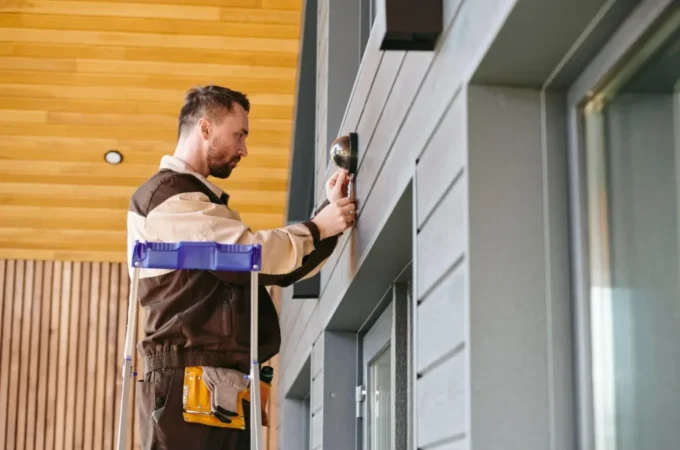
How to Look After Your Lawn When There’s a Hosepipe Ban
It doesn’t happen very often, but every now and again, the UK has so little rain that authorities are forced to introduce a hosepipe ban. There aren’t many downsides to a sunny summer, but this is one that can be very painful for gardeners. In fairness, as a race, we do actually use far too much water. Here are some tips to help you keep your garden in tip top condition when water is in short supply.
Protecting Your Lawn in Dry Conditions
Grass is a very resistant plant and while it might look a little sad when temperatures soar, you’ll be surprised how it recovers when it starts to rain again. There are a few things you can do to reduce the damage. When a lawn receives little rain it grows very slowly. The best thing you can do for the grass is to keep off it as much as possible. If you feel the need to cut the grass, heighten the mower blades by a couple of centimetres. When you cut the grass, leave a light mulch of clippings to keep any moisture in. This mulch will need to be raked up when it rains so that the water can penetrate to the roots.
You should try and encourage your lawn to grow a deep and vigorous root system, as this will allow it to take advantage of any moisture there is in the ground. Garden Club London offers the following advice. Remove any thatch in the autumn, using a scarifier. Spike it in the autumn as this helps to prevent compaction. Top dress it after spiking with a mixture of sand and compost. Once a year you should also feed the lawn with a phosphate-based fertiliser. This will also encourage root growth.
Recycling Your Grey Water
In times of a water shortage it is possible to recycle some of the waste water from your home. You will have to use it with care, but water from the shower, bath, kitchen or washing machine (rinse cycles) can be used for your plants. If you’re worried about soaps and detergents, switch to eco-friendly alternatives. However, soil and compost are very effective at filtering out such contaminants. You should only save your grey water for 24 hours otherwise there may be too much bacteria in the water. There are specially designed systems that can overcome this problem.
If you live in an area where there are regular hosepipe bans you should consider planting a drought resistant lawn. Planting a lawn is another job that’s best done in the autumn as it allows it plenty of time for it to get established before the dry weather starts again.






